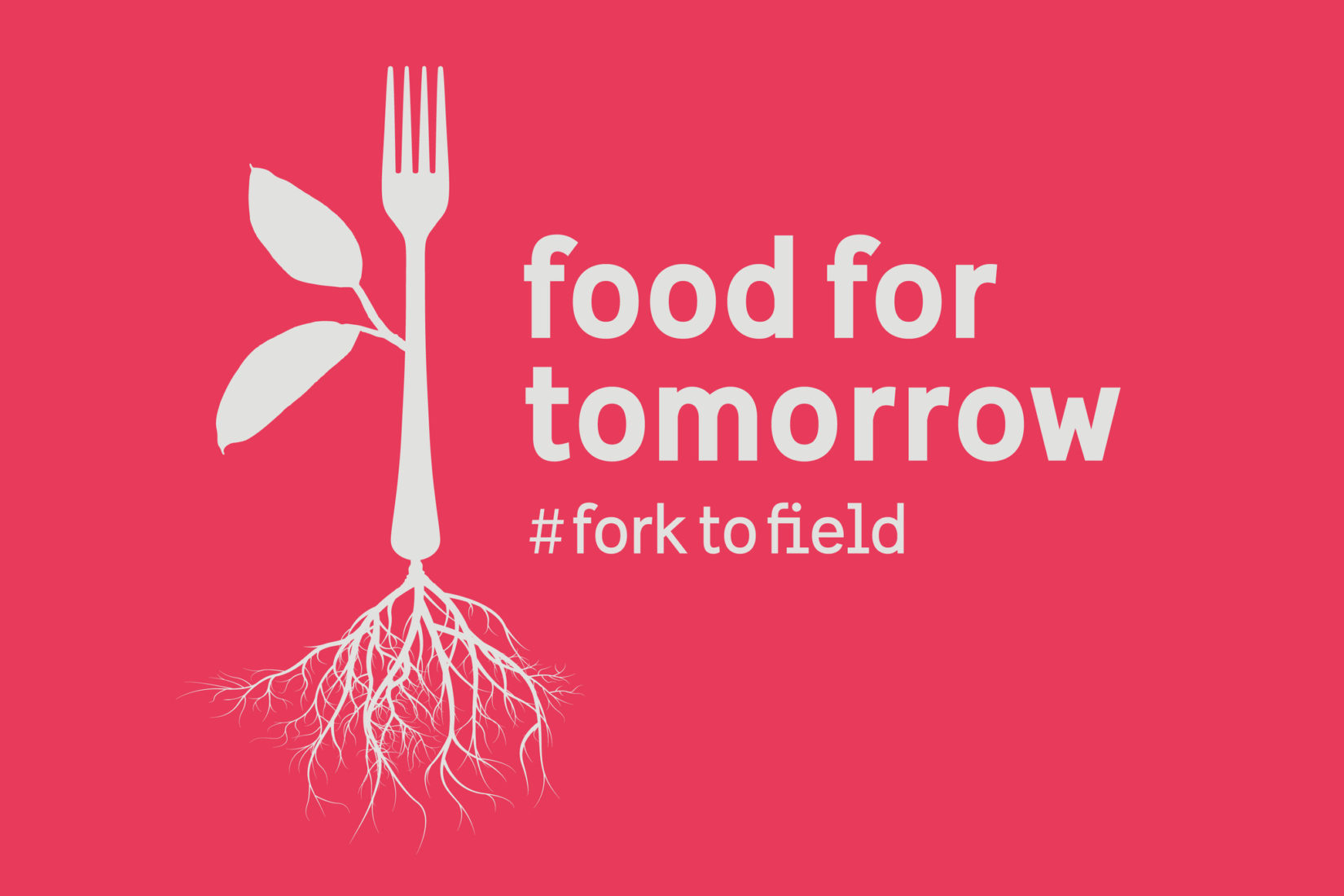Food for Tomorrow is a three-year initiative organised by SI in collaboration with talented young people and stakeholders in the Western Balkans and in Sweden. The initiative involves a range of partnerships and formats where the teams tackle challenges of different kinds and where participants with a variety of profiles and skills work together to solve concrete problems in the food supply system. The common denominator is the participants’ engagement and work within the sustainable food systems and their passion for food. Partnerships formed during the project will have eight months in which to develop and move ahead. The aim of the initiative is to strengthen regional cooperation and to demonstrate local initiatives with global potential. Only when all levels are activated will we be able to bring about change in the food supply framework.
A number of the UN’s Sustainable Development Goals (SDGs) deal with our use and management of biological natural resources. Food for Tomorrow will contribute to two of the Agenda 2030 goals – zero hunger (no. 2) and responsible consumption and production (no. 12) – and will support entrepreneurs working on innovative proposals that focus on food and sustainable food supply systems. By cooperating on joint projects and challenges, the participants will help bring about a more sustainable world.
Food for Tomorow will also provide us with a valuable basis from which to question present-day food supply structures and instead help create new, process-oriented solutions that benefit everyone. We all want to eat better, more sustainably. We want to act in relation to food in a way that does not hamper us or the world we live in but instead helps us create a future that is good, sustainable and hopeful for all.
´Food has an enormously powerful impact on society´ adds food culture strategist Edith Salminen, who is cooperating on the initiative. ´Used the right way, in ethical terms, it can have a fantastic, reinforcing effect on economic, political, social and cultural life´.
25 participants were selected for the second 24-hour challenge in Skopje in April , followed by 18 months of cooperation in the Western Balkans and Sweden. In October , team members met up togehter with Swedish partners for a regional initiative in western Serbia to adress how regions can promote and increase awareness of how and why sustainable food systems matter.
Food for Tomorrow will bring people together for exchange of knowhow, sharing insights, leading to new collaborations and co-created solutions for a sustainable food system.
